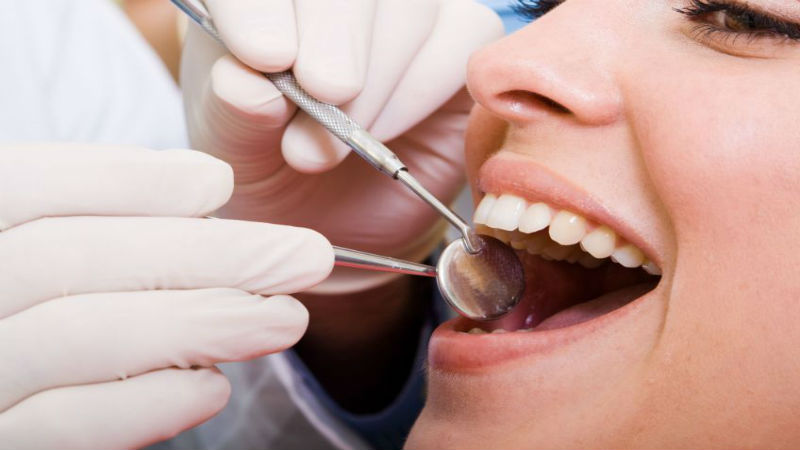Dental grinding, also known as bruxism, affects nearly seven percent of all Americans. Even though there are treatments out there that can help prevent this issue from causing damage to the teeth, most people wait until they start experiencing pain. Experts advise against this and suggest that any affected individual get routine Dental Care in Honolulu to prevent or fix it.
Types
Two types of bruxism exist:
* Centered bruxism is merely a matter of clenching your teeth, without moving. This type of movement can sometimes lead to muscle soreness of the jaw, similar to toothaches.
* Offset bruxism is more embarrassing, both for the person who sleeps by your side and for the health of your teeth: it occurs when there is grinding of the teeth with jaw movements – as if the person was chewing.
Bruxism can occur when the patient is awake and conscious, but it usually happens at night when the person is unconscious. It is frequent and physiological during childhood, where its role is the wear of the baby teeth. It is problematic in adults.
The causes
Bruxism can be caused by:
* Stress, meaning anything that causes anxiety or depression or the like, such as difficulties encountered in life or frustrations felt.
* A disorder of dental occlusion. This is often more a consequence of bruxism, with abrasion (wear) of the teeth than a cause.
* Some antidepressants such as venlafaxine and selective serotonin reuptake inhibitors can cause grinding.
* Narcotics, like ecstasy.
The number of clenching increases according to the amount of stress felt during the day. Emergency Dental Care Calgary can prevent the damage caused by this.
The consequences
* Problems with temporomandibular joints (TMJ)
* Wear and tear at the corners of the mouth, ‘but these are usually not painful
* People cannot open or close their mouths completely (either/or)
* Wearing down of teeth, sometimes significantly, up to the point the tooth dies
* Wear-and-tear and fracture of prosthetic dentures (bridge) and similar dental appliances
* Implant failure
* Periodontal problems
Treatments involved
Conventional treatments limit dental wear. The affected individual will wear an occlusal plate during the night (which absorbs most forces brought on by clenching). Psychotherapy is also helpful to reduce stress at the origin and, it would also appear that hypnosis could be a solution. Contact the Landmark Dental Group for more information.



